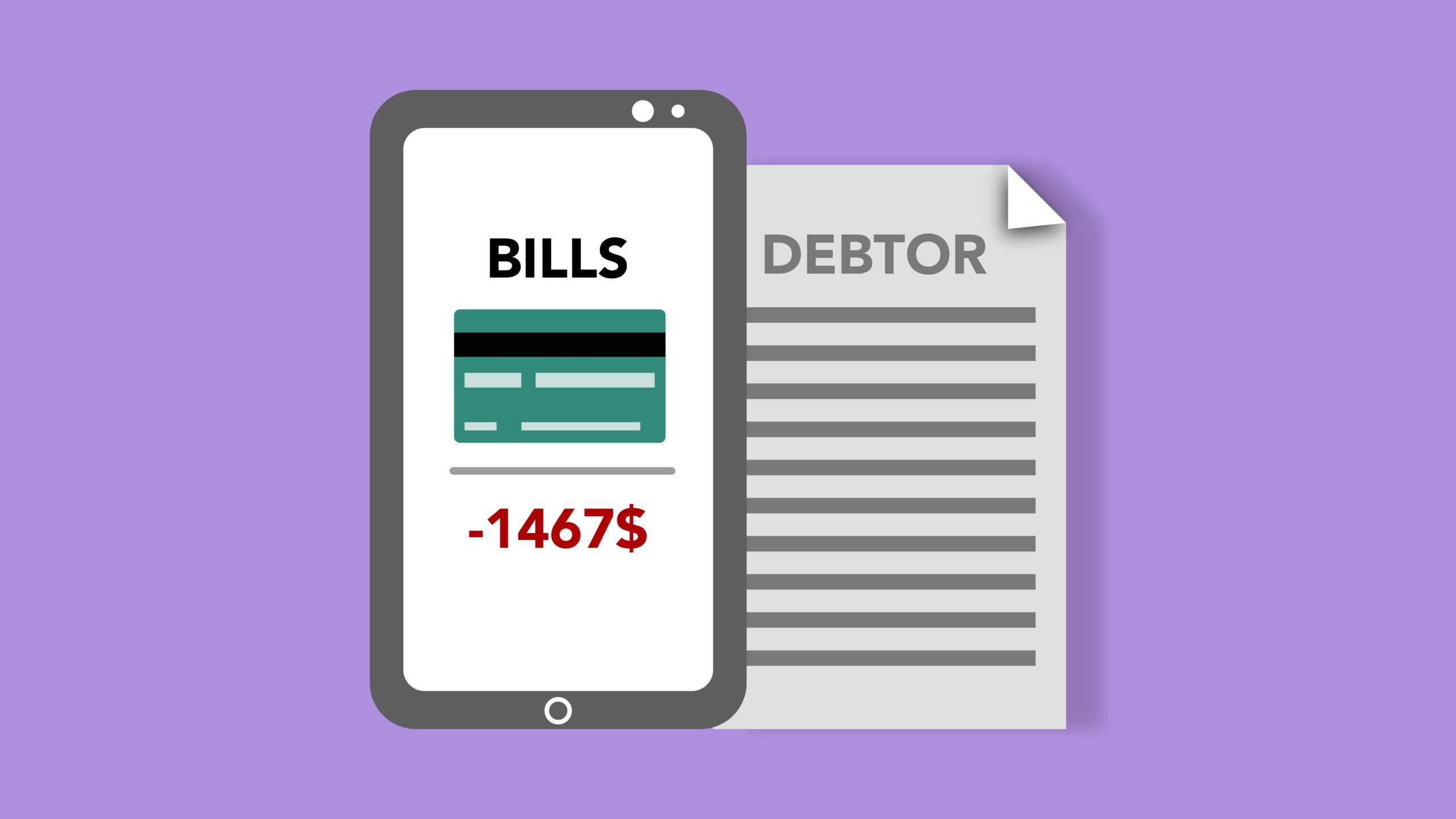Having a good credit score is like having a trust fund but without the annoying relatives. It’s something that can open doors to better opportunities, lower interest rates, and even better rental or job prospects. And let’s face it, we all want to be financially stable enough to live our best lives without worrying about the next paycheck.
But what exactly is a good credit score? Simply put, it’s a numerical representation of how reliable you are when it comes to paying back the money you’ve borrowed. The higher your score, the more likely you are to be approved for loans, credit cards, and other forms of credit.
Why is having a good credit score important? Well, for starters, it can save you a lot of money in the long run. With a higher score, you’re more likely to be offered lower interest rates on loans and credit cards. This can result in substantial savings over time, especially if you’re someone who carries a balance on your credit cards or takes out loans frequently.
Having a good credit score can also make it easier to get approved for things like a mortgage or a car loan. These are typically large purchases that require financing, and having a high credit score can increase your chances of getting approved for the amount you need at a reasonable interest rate.
On top of that, having a good credit score can also improve your chances of getting approved for an apartment or rental property. Many landlords and property managers will check your credit score before approving your application, and a good score can help you stand out from other applicants.
But let’s be real, having a good credit score isn’t just about financial benefits. It’s also about peace of mind. It’s knowing that you’re in a good position to handle unexpected expenses or emergencies that come your way. It’s about having the confidence to pursue your dreams and take risks without worrying about how you’ll finance them.
In short, a good credit score can have a significant impact on your financial and personal well-being. It’s an important tool that can help you achieve your goals and live the life you want. So, if you haven’t already, take the time to understand your credit score and work towards improving it. It’s never too late to start building a better financial future.
How to Build Up Your Credit Score: 10 Simple Steps
Building up your credit score can be a daunting task, but it is not impossible. It requires time, discipline, and commitment. Here are eight simple steps that you can follow to improve your credit score:
Step 1: Get a copy of your credit report
The first step in improving your credit score is to obtain a copy of your credit report. You are entitled to one free credit report every year from each of the three credit bureaus. Once you have your credit report, go through it carefully to ensure that all the information is accurate. If you find any errors, dispute them with the credit bureau.
Step 2: Pay off any outstanding debt
Paying off any outstanding debt is crucial to improving your credit score. Start by paying off debts that have the highest interest rates, as these are the ones that will be costing you the most money.
Step 3: Keep your credit utilization low
Your credit utilization rate is the amount of credit you are currently using divided by your credit limit. Try to keep your credit utilization rate below 30%. A high credit utilization rate can negatively impact your credit score.
Step 4: Make all payments on time
Making all payments on time is essential to improving your credit score. Late payments can have a significant negative impact on your credit score. Set up automatic payments or reminders to ensure that you never miss a payment.
Step 5: Open new credit accounts sparingly
Opening new credit accounts can have a negative impact on your credit score, as it can lower the average age of your accounts. Only open new credit accounts when it is absolutely necessary.
Step 6: Keep old credit accounts open
Keeping old credit accounts open can help improve your credit score, as it increases the average age of your accounts. Even if you are not using an old credit account, keeping it open can be beneficial.
Step 7: Monitor your credit report regularly
Monitoring your credit report regularly is essential to improving your credit score. Look for any errors or fraudulent activity and dispute them with the credit bureau. This will help ensure that your credit report is accurate and up-to-date.
Step 8: Seek professional help if necessary
If you are struggling to improve your credit score, seek professional help. A credit counseling agency or a bankruptcy attorney can help you come up with a plan to improve your credit score.
Step 9: Diversify your credit accounts
Having a diverse mix of credit accounts can positively impact your credit score. This includes credit cards, auto loans, student loans, and mortgages. By having a mix of credit accounts, you are showing lenders that you can handle different types of credit responsibly.
Step 10: Keep your credit accounts active
Keeping your credit accounts active can help improve your credit score, as it shows lenders that you are responsible with your credit. Even if you only use your credit accounts occasionally, it is important to keep them active.
In conclusion, improving your credit score is not an overnight process, and it requires a great deal of discipline and patience. However, the benefits of having a high credit score are numerous, and it is well worth the effort to achieve it.
It is important to remember that the process of building your credit score will take time, and you must be willing to put in the effort to make it happen. Staying on top of your finances and making sure to pay your bills on time is critical in maintaining a good credit score. By following the steps outlined in this article, you can begin to take control of your credit score and set yourself up for financial success in the future.
One additional step you can take to improve your credit score is to seek the assistance of a credit counselor. A credit counselor can help you to develop a personalized plan for improving your credit score and provide valuable guidance and support throughout the process. They can also help you to identify any negative items on your credit report and work with you to develop a plan to address them.
Another important factor to keep in mind when working to improve your credit score is to be aware of any potential fraud or identity theft. Regularly monitoring your credit report can help you to identify any fraudulent activity and take the necessary steps to address it.
Ultimately, building a good credit score is about establishing responsible financial habits and maintaining them over time. By staying disciplined and focused, you can achieve a high credit score and unlock the many benefits that come with it.


